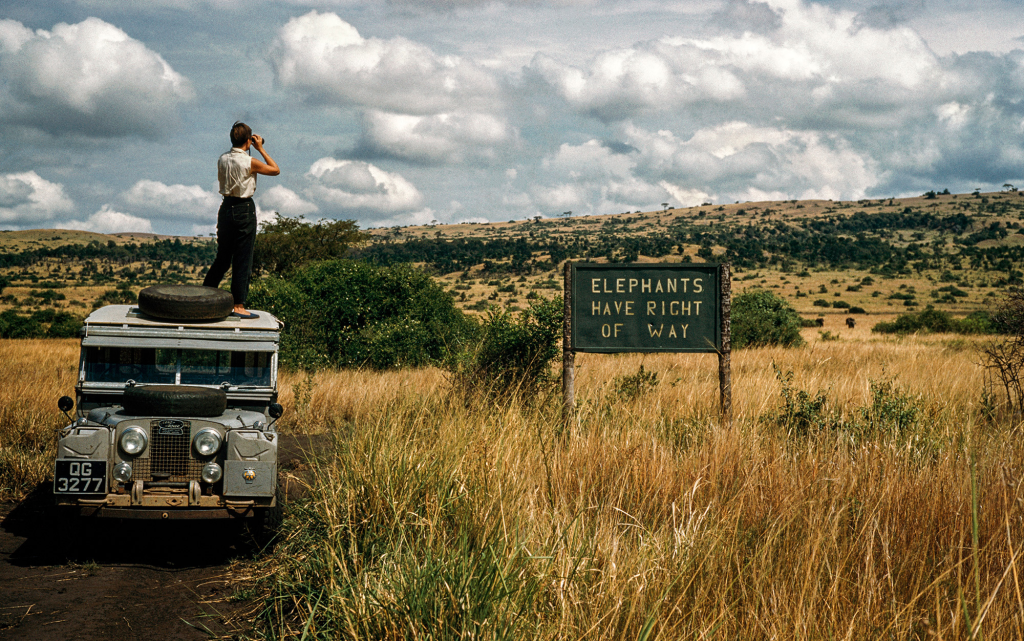
In a tight spot, you’d probably intuit that a human life outweighs an animal’s. There are good arguments why that’s wrong
Jeff Sebo is clinical associate professor of environmental studies, affiliated professor of bioethics, medical ethics, philosophy and law, and director of the animal studies MA programme at New York University. He is also on the executive committee at the NYU Center for Environmental and Animal Protection and the advisory board for the Animals in Context series at NYU Press. He is co-author of Chimpanzee Rights (2018) and Food, Animals, and the Environment (2018), and the author of Saving Animals, Saving Ourselves (2022).
This January, a 57-year-old man in Baltimore received a heart transplant from a pig. Xenotransplantation involves using nonhuman animals as sources of organs for humans. While the idea of using nonhuman animals for this purpose might seem troubling, many humans think that the sacrifice is worth it, provided that we can improve the technology (the man died two months later). As the bioethicists Arthur Caplan and Brendan Parent put it last year: ‘Animal welfare certainly counts, but human lives carry more ethical weight.’
Of course, xenotransplantation is not the only practice through which humans impose burdens on other animals to derive benefits for ourselves. We kill more than 100 billion captive animals per year for food, clothing, research and other purposes, and we likely kill more than 1 trillion wild animals per year for similar purposes. We might not bother to defend these practices frequently. But when we do, we offer the same defence: Human lives carry more ethical weight.
But is this true?
Most humans take this idea of human exceptionalism for granted. And it makes sense that we do, since we benefit from the notion that we matter more than other animals. But this statement is still worth critically assessing. Can we really justify the idea that some lives carry more ethical weight than others in general, and that human lives carry more ethical weight than nonhuman lives in particular? And even if so, does it follow that we should prioritise ourselves as much as we currently do?
Ethicists sometimes offer capacities-based arguments for ranking species according to a hierarchy. For example, in How to Count Animals, More or Less (2019) Shelly Kagan argues that we should assign human interests extra ethical weight because we have a higher capacity for agency and welfare than other animals. I have cognitive capacities that a pig lacks, so I have interests that they lack. I also have the capacity to experience happiness and suffering more intensely than a pig does, so I have stronger interests related to my welfare than they do.
Ethicists also offer relationship-based arguments for species hierarchies. For example, in ‘Defending Animal Research’ (2001), Baruch Brody argues that we should assign human interests extra ethical weight because we have special bonds and a sense of solidarity with members of our own species. According to this view, we should ‘discount’ the interests of nonhuman animals for the same reason that we should ‘discount’ the interests of future generations: we have special duties within these categories that we lack across them.
In response to these and other such arguments, some ethicists contend that we should reject species hierarchies entirely. For example, in Fellow Creatures (2018) Christine Korsgaard argues that it generally makes no sense to ask whether a human or a pig has a better life, because each species of animal has a different form of life, and we can evaluate each life only against the standards set by that form of life. Comparing humans and pigs is, literally, like comparing apples and oranges.
If anything, we increasingly have grounds for prioritising nonhuman animals
While I think that this rejection of species hierarchies is worthy of consideration, I want to defend a separate idea: even if we accepted a species hierarchy on capacities-based and relationship-based grounds, it would still not follow that our current stance of human exceptionalism is acceptable. We would need to think carefully about how much ethical weight different animals carry rather than simply assert that we take priority. And when we do, we might be surprised by what we find.
In particular, if we take our own arguments for human exceptionalism seriously, then the upshot is not that we always take priority but rather that we sometimes do. And when we consider the scale of nonhuman suffering and death in the world and the extent of our complicity in this suffering and death, we can see that human exceptionalism has it backwards: if anything, we increasingly have capacities-based and relationship-based grounds for prioritising nonhuman animals…
more…
https://aeon.co/essays/human-exceptionalism-is-a-danger-to-all-human-and-nonhuman



